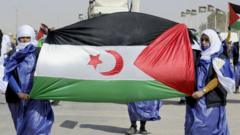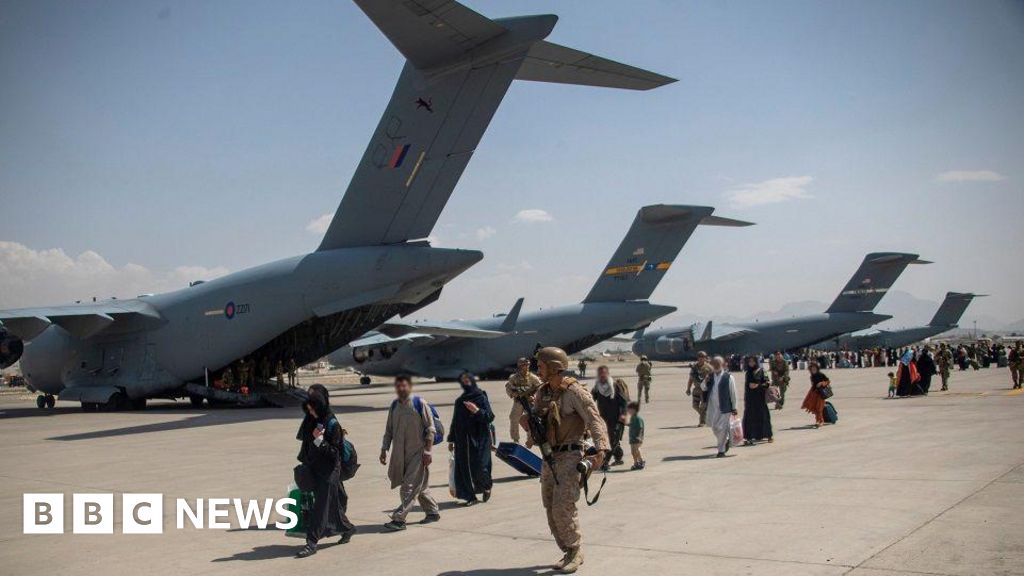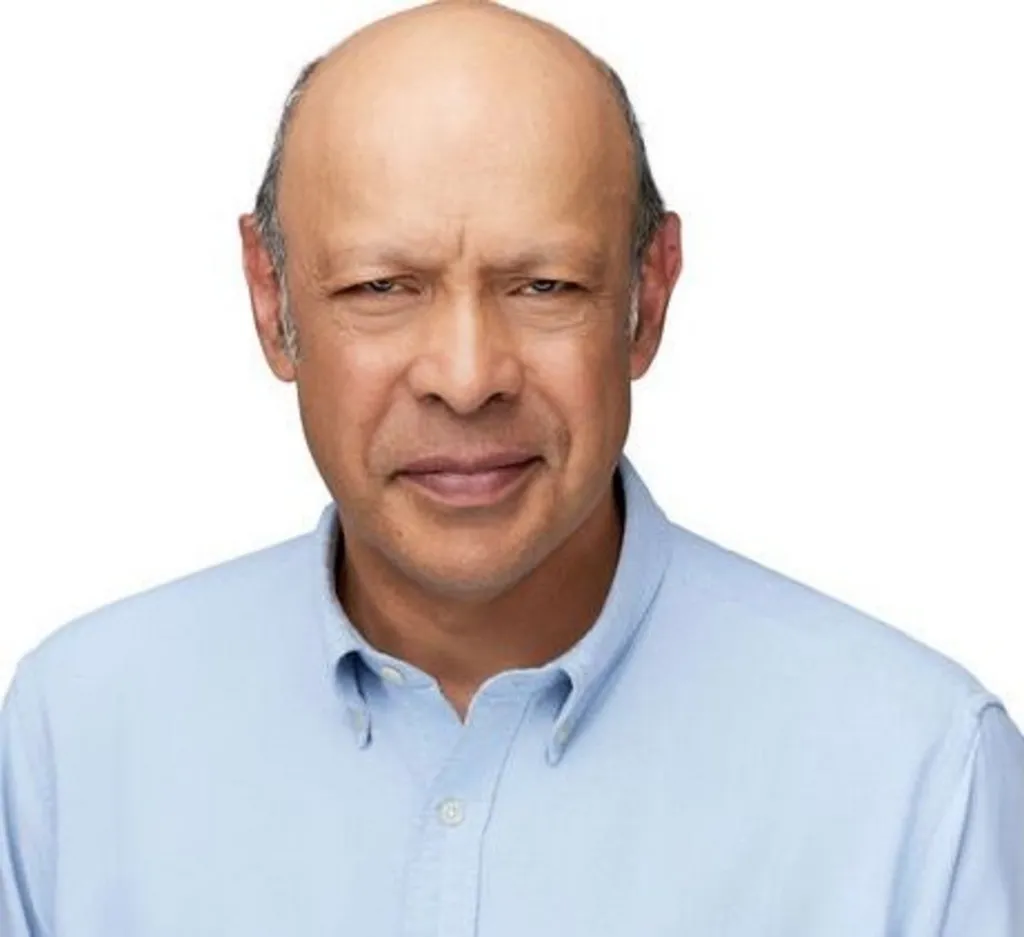The UK has endorsed Morocco's plan for granting autonomy to Western Sahara, ultimately solidifying Moroccan sovereignty over the territory. This shift marks a notable change in Britain's previously neutral stance on the decades-long territorial conflict, which the UN designates as a "non-self-governing territory."
During his visit to Rabat, Lammy labeled Morocco’s autonomy proposal as the "most credible, viable and pragmatic basis" to resolve the ongoing dispute, while simultaneously signing an agreement aimed at enhancing collaboration on key infrastructure projects intended for the World Cup.
The UK intends to capitalize on this shift, with Lammy asserting that these agreements will lead to substantial opportunities for British businesses during football's prestigious event, indicating a strategic pivot toward tightening bilateral relations.
While Algeria, a staunch backer of the Western Saharan independence movement, expressed regret over the UK’s announcement, noting Morocco's autonomy plan had not been validated through negotiations with the local Sahrawi populace, the endorsement reflects a growing trend among nations backing Morocco's stance.
Morocco currently governs a significant portion of Western Sahara, a mineral-rich territory previously held by Spain, while the Polisario Front, advocating for independence, controls certain areas. The complex conflict continues to be one of the longest unresolved disputes in Africa, with the African Union recognizing Sahrawi independence yet various nations supporting Morocco's claims.
Moving forward, British diplomats confirmed that the UK's new backing was contingent upon Morocco's commitment to renewed negotiations and a revised autonomy proposal. Enhanced procurement agreements are foreseen to facilitate UK companies in accessing Moroccan public tenders, with an eye toward infrastructure and health sector contracts.
In a historic expression of changing tides, Moroccan Foreign Minister Nasser Bourita welcomed Britain's support as a significant milestone in their 800-year relationship, emphasizing the potential for a definitive resolution to the conflict.
Despite the heightened diplomatic engagement, the quest for peace remains entangled in unresolved issues from a protracted history of conflict and failed ceasefires, with a long-postponed UN referendum still absent from the conversation.




















